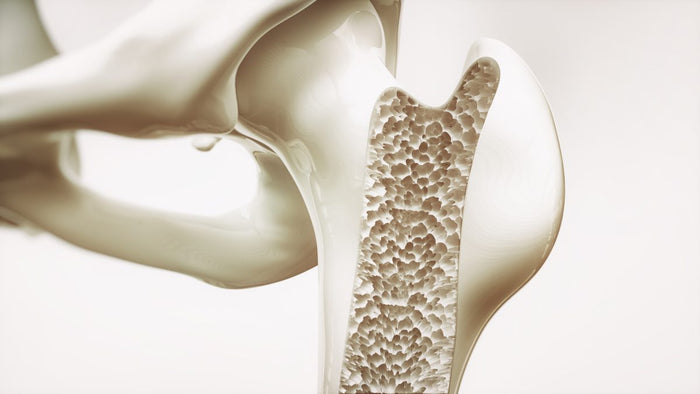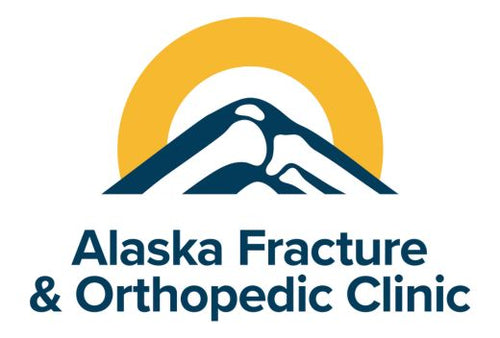Many nutrients are involved in building and maintaining bone. Among the most well researched nutrients are calcium, vitamin D, protein and boron. Researchers continue to uncover how these nutrients work together to influence bone health throughout different life stages. Childhood and young adulthood are key times when the human body focuses on building bone. The skeletal structure that is laid down in the early years is truly meant to last a lifetime, because as we age, we become less efficient at building bone. In fact, peak bone mass density in men and women is typically in middle age, with reductions in bone mass density as we age.

Calciumis the largest component of bone, and in fact, is actually stored in bone so that the body has a readily available source of calcium. This mineral is essential for nerve communication and muscle contraction, in addition to the structural support, it provides through bone formation. On a daily basis, the body breaks down small portions of bone to maintain specific calcium levels in the blood. In order to replenish this lost calcium, it’s essential to consume enough calcium regularly.
Interestingly, all the calcium found in foods is not absorbed; in fact, only 30% is absorbed, making this process somewhat inefficient. Additionally, calcium absorption may be enhanced in certain forms, or blocked by other compounds in foods (like oxalic acid and phytic acid). According toone reviewof nutrients involved in bone health, when enough calcium is not consumed, the body breaks down more bone to ensure that blood levels of calcium are high enough.
The second most prevalent compound in bone isprotein, which makes up about 30% of bone mass in the form of cartilage. Protein’s relationship to bone has been mixed, with low amounts of protein intake related to poor growth and excessive amounts of protein intake related to negative calcium balance and bone loss. Thehypothesisis that excess protein may increase acid levels in the blood, and that calcium is released from the blood to offset this acid and restore blood pH to the appropriate level. The optimal level of protein intake, as it relates to bone health, is yet to be established, and in fact may be complicated to determine given the myriad of roles protein plays in the body.
The third nutrient that has a well-established connection to bone health isvitamin D, or cholecalciferol. Found in a limited number of foods (salmon, and fortified milk, for example), vitamin D is also synthesized in the skin when the body is exposed to sunlight. Vitamin D is critical to optimizing the availability of calcium by turning on various pathways to help the body absorb and reuse this mineral.According to multiple research studies, the combination of calcium and vitamin D is a key factor in reducing the incidence of hip fracture and bone loss.
Perhaps less well known for its role in bone health, is the mineralboron. Like vitamin D, boron plays a major supporting role to calcium in maintaining the integrity of bones. More specifically, boron has been shown to help prevent calcium excretion in urine and compensate for vitamin D deficiency.Studiesin older women, college-age women, and older men demonstrate that boron supplementation may be related to bone mass density, the formation of hormones important in bone health, and the metabolism of micronutrients related to bone formation.
Given the importance of these nutrients, and others, in the maintenance of bone health, any recovery from orthopedic surgery is likely to benefit from optimizing intake of these nutrients.MEND Repair Recovercontains a mixture of these nutrients to support healing and recovery from orthopedic surgery and injury.Both food and supplements are excellent sources for ensuring the body gets adequate nutritional support.
References:
[1] Dessordi et al.Boron action in bone health. Rheumatol Orthop Med, 2017.
[2] Karpouzos, et al.Nutritional Aspects of Bone Health and Fracture Healing. J Osteoporos. 2017; 2017: 4218472.
[3] Palacios C1.The role of nutrients in bone health, from A to Z.Crit Rev Food Sci Nutr. 2006;46(8):621-8.



